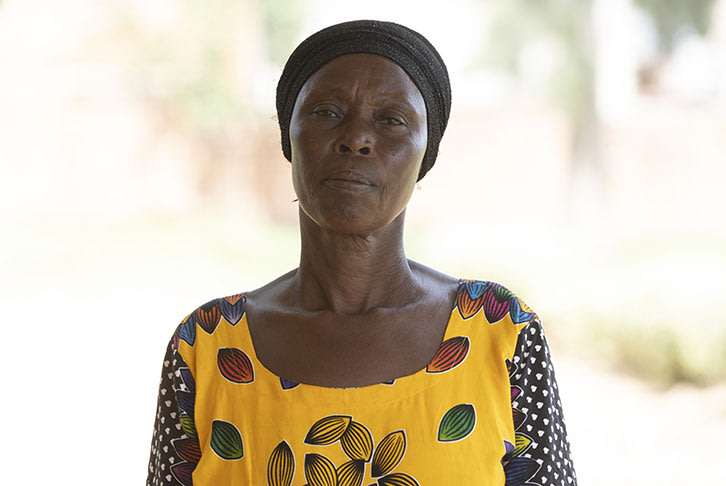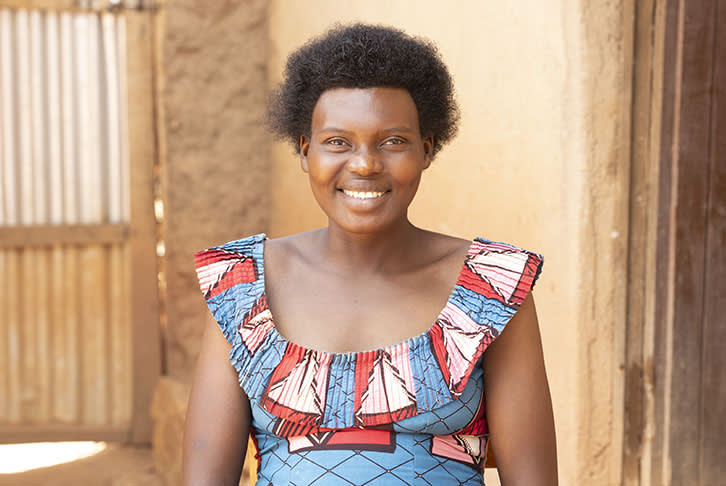Peace of Mind: The role of mental health in peacebuilding
Mental health and psychosocial support (MHPSS) is increasingly recognised to be a key component of approaches to build peace in communities around the world that are suffering the effects of past and current conflict.
Our new report, Peace of Mind, demonstrates how peacebuilders can effectively incorporate MHPSS in their own projects, drawing on lessons from our experience in Rwanda and Tajikistan.
In Rwanda, the 1994 genocide against the Tutsi has left deep psychological wounds, including among younger generations. We run group therapy and dialogue sessions aimed at addressing trauma and strengthening community cohesion.
“I used to be held back by fear. But now I live in harmony with genocide survivors hurt by my actions,” says Bernard, who participated in our USAID Dufatanye Urumuri project in Rwanda. “We met at our local meeting hall and had an open conversation on the wrongs that we did to them.” (Watch Bernard’s story)
In Tajikistan, there are many gender gaps, which are a major barrier to long-term, sustainable peace. Women often lack a voice in society and in their own homes, and family violence is prevalent. We used mental health interventions together with practical livelihoods support to help families and communities tackle this issue.
“During the group sessions we attended, we talked openly about mental health and wellbeing,” says Dilafruz, who participated in our Zinadagii Shoista (‘Living with Dignity’) project. “My neighbours and I always shared our problems with the specialists and they helped us a lot.” (Watch Dilafruz’s story)
The report examines the effectiveness of the two projects and draws together the lessons learned to support all those working in conflict and post conflict contexts to integrate MHPSS into peacebuilding approaches.
Below, you can watch first-hand accounts of the effect that conflict has had on people’s mental health and how MHPSS is being used to address this.
Share our research and stories using #MHPSS.

Mediatrice’s story
“I was watching when my children were taken away by killers during the genocide,” says Mediatrice. “At the start of the Duhuze project, we felt that their teachings on unity and reconciliation were unachievable … As the days went on, we finally embraced their messages.”

Alice’s story
“I was conceived from rape perpetrated against my mother in the 1994 genocide against the Tutsi in Rwanda,” explains Alice. “The [group therapy] sessions focused on healing wounds and I finally felt I had found a safe place. We shared our grief.”

Munira’s story
“In the beginning, it was very difficult for me to talk about my personal problems. But we learned to express ourselves,” Munira explains. “[My neighbours’] mental health also became better since the project and we all used the free psychosocial services provided.”

Firuza’s story
“Before this project, I was jobless with lots of family problems. The programme has changed my life,” says Firuza. “The project has trained me as a dressmaker and given me a sewing machine … Now I feel independent. I am a breadwinner in my family.”

Reconciliation in Rwanda
Mental health support and community healing projects are helping foster lasting peace in Rwanda, writes Programme Manager Pacifique Barihuta.

Living with Dignity
Alert’s MHPSS project combats the harmful attitudes and behaviours that erode women’s wellbeing in Tajikistan, writes Farkhod Abdurakhmonov.









